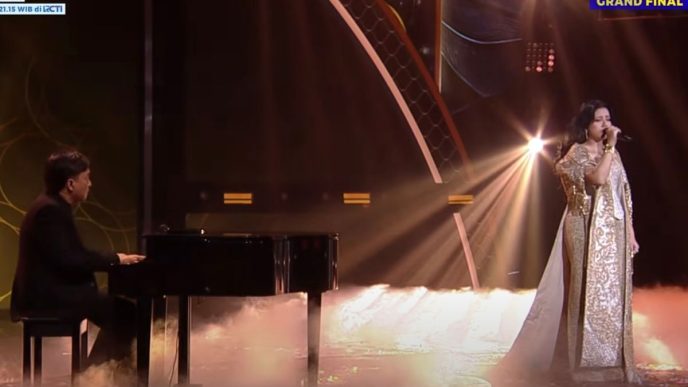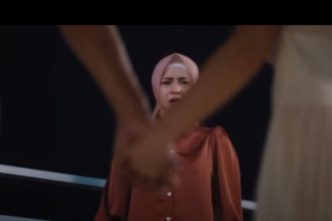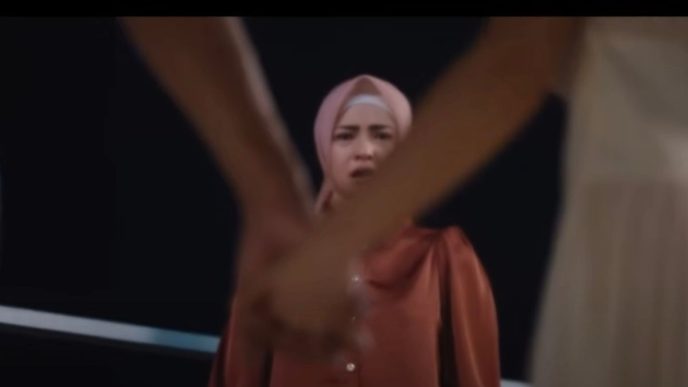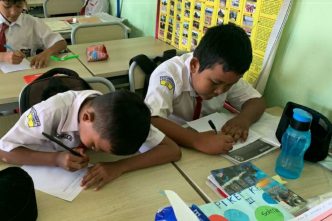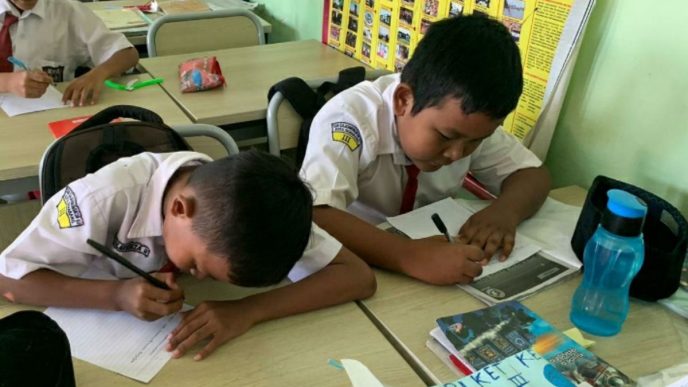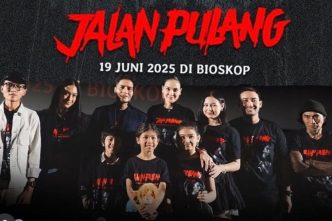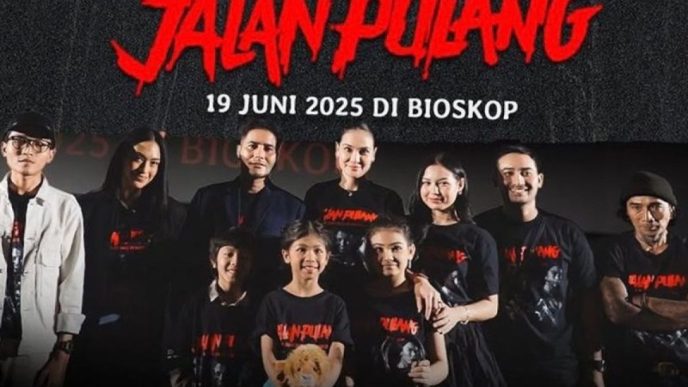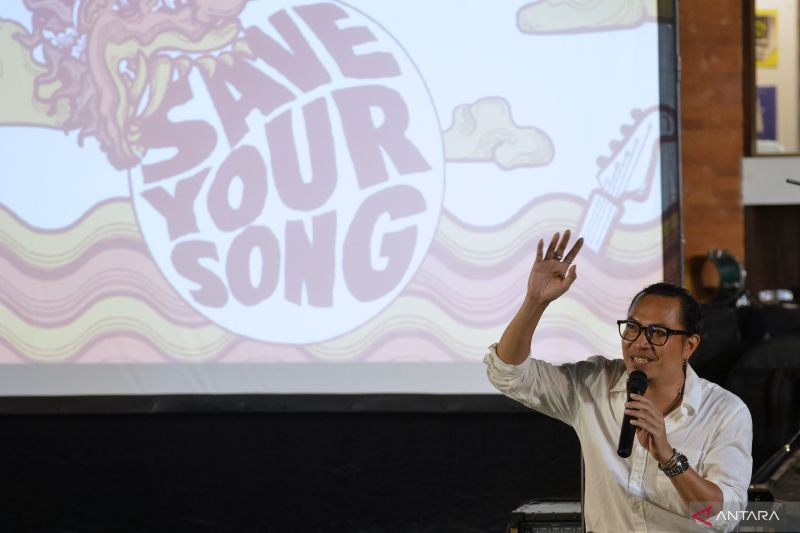
Jakarta (Antara) – Royalty of music or music is always an interesting conversation in the Indonesian entertainment industry. Through Law Number 28 of 2014 concerning Copyright and its Derivative Regulations, the State provides a strong legal basis in the collection and distribution of royalties for the Creators, Copyright Holders, and the owner of related rights.
Legally, the creator has two types of rights, namely moral rights and economic rights. Moral rights are eternally inherent in the creator and cannot be diverted as long as he is still alive. This right includes, among others, the right to include or not includes the name of his creation, using a pseudonym, and maintaining his creation from distortion or changes that harm his reputation.
Meanwhile, economic rights are exclusive rights that allow the creator to obtain economic benefits for their work, including through publication, doubling, announcements, performances, to rental creation.
In the context of music and songs, this economic rights are realized through the royalty mechanism. Royalties are defined as rewards for the utilization of the economic rights of a creation or product related rights received by the Creator or Rights Owner.
To guarantee the implementation of this economic rights, the government forms the National Collective Management Institute (LMKN), as regulated in Government Regulation (PP) Number 56 of 2021 and Permenkumham Number 9 of 2022. LMKN is tasked with interesting, gathering, and distributing royalties to the Creator and Rights Owner.
Also read: Kenenekraf Pushing New Regulation of Digital Based Royalties Payment
Royalties must be paid by those who use songs or music commercially in the form of public services, such as concerts, cafes, restaurants, shopping centers, hotels, cinemas, and telephone waiting tones. The activity is categorized as a commercial use that produces economic profits, so it is obliged to pay royalties through LMKN.
Parties who are required to pay royalties are the organizer of the event or business owner, not an individual singer. Payment is made through LMKN which then distributes royalties to musicians through the Collective Management Institute (LMK) – a non -profit legal entity appointed by the creators to manage their economic rights.
The magnitude of royalties varies depending on the type of public service and is determined based on the Decree of the Minister of Law and Human Rights, taking into account justice and the practice of the practice of using music works in the community.
This royalty distribution system is carried out based on data on the use of songs and/or music compiled in the song and Music Information System (SILM). LMK is required to provide a report on the distribution of royalties to LMKN at least twice a year. In the event of a dispute over distribution, musicians can submit mediation to LMKN.
Similar practices are also applied in other countries, such as France, Germany, and the United States, which have collective institutions with transparent and accountable functions. Indonesia itself continues to encourage transparency and efficiency of this system to ensure the protection of the rights of musicians.
Through strengthening the role of LMKN and LMK, it is hoped that the Indonesian music ecosystem will become healthier and more professional, and provide a guarantee of legal certainty for songwriters and musicians of the country.
Also read: KSI Call the need for a special data system for the copyright of the music work
Also read: Rian D'Masiv Expects the Application of a Welfare Royalty System
Reporter: Raihan Fadilah
Editor: Suryanto
Copyright © between 2025

